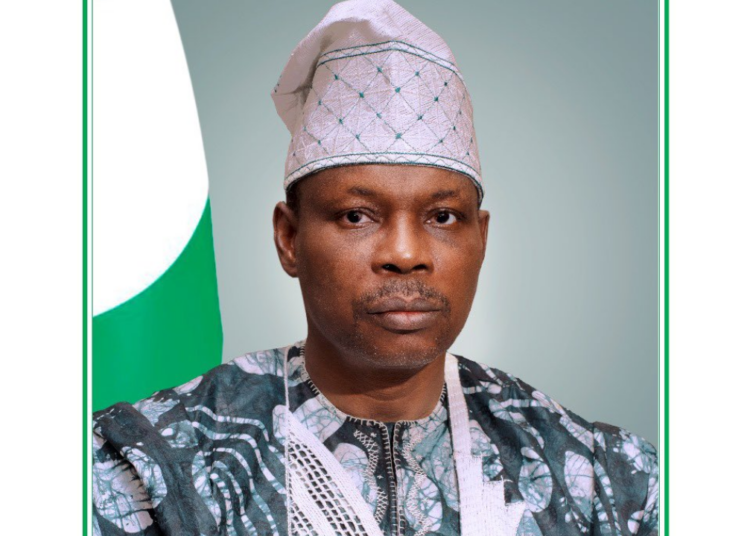Like many other countries, Nigeria is grappling with the devastating impacts of climate change, including extreme weather events and ecological disruptions, said the minister of state for Environmental, Dr. Iziaq Salako.
He said climate change poses an existential threat to Nigeria, thus the need for comprehensive, sustainable, and innovative solutions.
The minister stated this at the 2nd National Conference on Climate Change, themed: Creating an Agenda for Sustainable Climate Finance for Nigeria,” organised by the Corporate Accountability & Public Participation Africa (CAPPA), in Abuja.
“As we confront these challenges, we must recognise that addressing climate change is not solely an environmental concern. It is an economic, social, and moral imperative that demands coordinated and collective action,” Iziaq added.
However, he expressed the federal government’s commitment to addressing climate change and promoting sustainable climate finance, and working towards the Nationally Determined Contributions (NDCs) and the global climate goals set out in the Paris Agreement.
“As we strive to meet these targets, we need the support and active involvement of all stakeholders, including the private sector, civil society organizations, and the international community,” he said.
Still on climate financing, the executive director of CAPPA, Akinbode Oluwafemi, noted that the effects of climate change are set to accelerate over the coming years unless progressive climate finance and a well-structured loss and damage funding mechanism are institutionalised and appropriately managed.
He said there is undoubtedly a need to create a new source of finance that will address climate risks and arrest emission upsurge.
“It is on this basis that the theme of this year’s conference tagged Creating a Sustainable Climate Finance for Nigeria was carefully decided as it not only affirms the threats of climate change to our collective survival but also reiterates the need for urgent action to curtail what experts have referred to as an existential crisis.”
“Climate finance in the country has relied exclusively on concessional debt which is about 46 percent and non-concessional debt at 25 percent.
“Grant and equity-based finance currently play a relatively minimal role in Nigeria’s climate finance ecosystem, at 5 percent and 12 percent respectively.
“Nigeria’s climate finance is not yet reflective of the country’s vulnerability. Efforts in adaptation and mitigation are yet to be scaled up significantly to embrace our realities,” said Akinbode.
The conference aimed to foster a necessary dialogue among representatives of frontline communities, climate justice groups, allies, critical state actors, development experts, academia, and the media, among others.
The objective, according to CAPPA, was to collectively address overarching concerns related to climate change in the country and establish a unified, people-centric stance on crucial topics, including the Loss and Damage Fund, climate finance, and other priority issues and actions.





